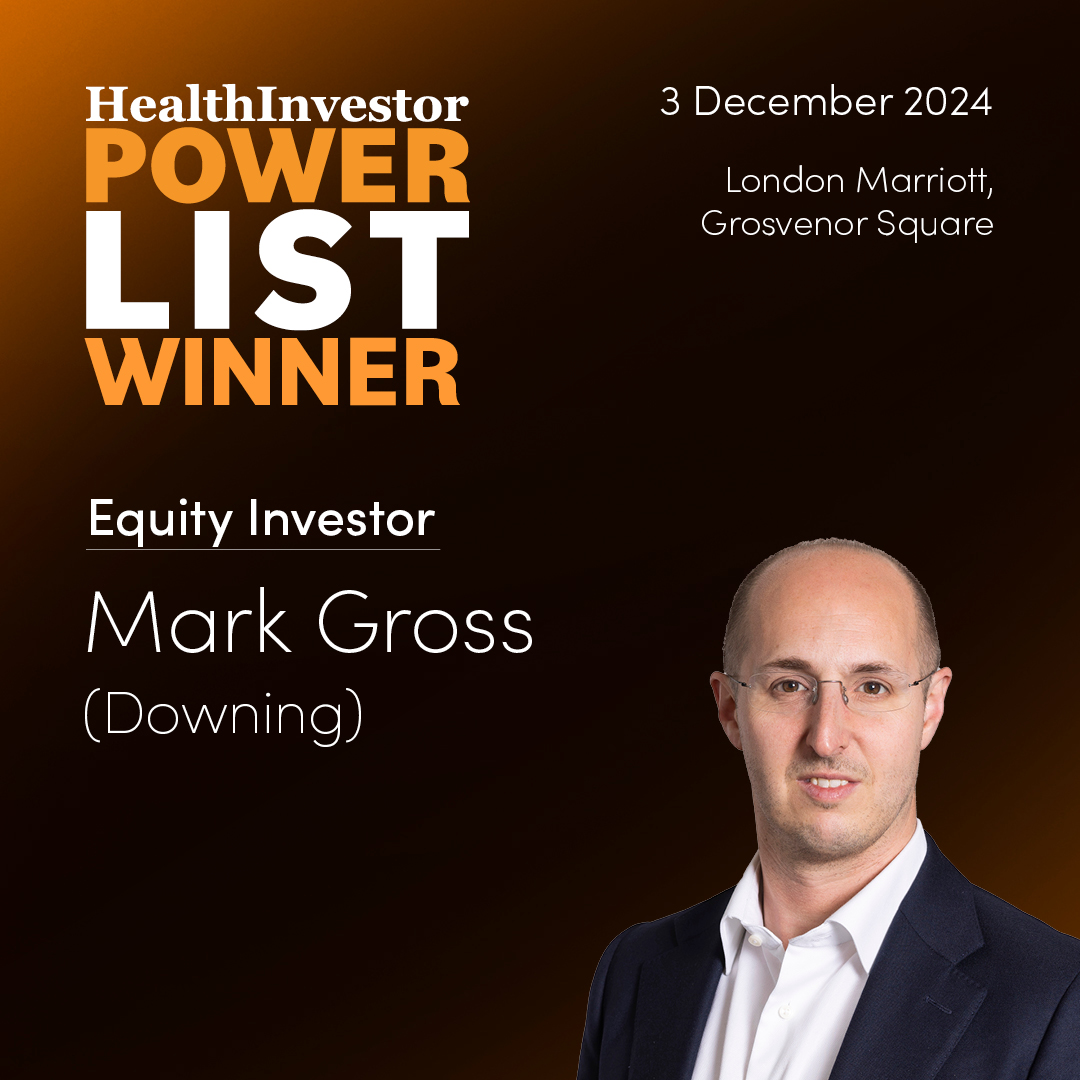Will hope meet expectation: The Mansion House Accord

A new Accord - but will action follow?
Hope versus expectation is an interesting dynamic. The right blend can lead to assured confidence that emits calm. Not so right and you can have a slightly delusional appearance that leads to instability.
The Mansion House Accord has been signed by 17 of the largest DC pension providers and advocacy bodies in the UK. They have signalled their commitment to invest 10% of their funds into private markets and 5% directly into the UK by 2030. Considering that timeline, that could work out at £50bn in private market investments and £25bn into the UK economy. Areas of investment, highlighted by some of the signatories, have been large infrastructure projects, clean energy and revitalising the Alternative Investment Market (AIM) of the London Stock Exchange. For a deeper dive into revitalising AIM read my colleague Judith’s article.
Where hope meets expectation
We have seen similar statements of intent previously (the Compact) that led to little, tangible increases in new investment. The LGPS have also been mandated to invest along similar lines in the past.
This might lead to the expectation that, based on past experience, little will come as a result of this agreement.
I see hope this time is in two places. 1) The number of signatories has almost doubled from the last statement and 2) there are now national entities that have been tasked with developing these opportunities – GB Energy and the National Wealth Fund. Their ability to identify projects and partner with other investors/developers provides an infrastructure that supports this type of investment. It is this intersection of the private and public sectors that generates the greatest opportunity. Energy and infrastructure are central, and have been central, to government plans for growth – both economically and environmentally. There is a substantial pipeline of Nationally Significant Infrastructure Project’s (NSIP’s). Finding the correct partners (both developer and investor) at each stage of the project (development/construction/operation) will be made easier in a world where the asset owners and managers have obvious national partners willing to engage.
Turning statements into momentum
When tackling such monumental tasks, progress is typically incremental, and the Overton Window moves slowly towards the destination. The more people who buy into that idea and commit to realising it, the shorter that window will take to land over the end goals. 2030 might be aspirational, or it might be practical. What matters is that we continue to see an upward trajectory from stakeholders – both in terms of numbers and alignment.
You would like to think that the hope is eternal but by demonstrating a growing commitment towards these shared goals (through statements such as this), we can start to see the level of expectation rise to meet that hope.
If you’d like to explore how Downing can assist in navigating private market investments, please contact me.
Past pledges have faltered but the scale of commitment and backing behind the Mansion House Accord may finally lay the foundation for lasting change.
A new Accord - but will action follow?
Hope versus expectation is an interesting dynamic. The right blend can lead to assured confidence that emits calm. Not so right and you can have a slightly delusional appearance that leads to instability.
The Mansion House Accord has been signed by 17 of the largest DC pension providers and advocacy bodies in the UK. They have signalled their commitment to invest 10% of their funds into private markets and 5% directly into the UK by 2030. Considering that timeline, that could work out at £50bn in private market investments and £25bn into the UK economy. Areas of investment, highlighted by some of the signatories, have been large infrastructure projects, clean energy and revitalising the Alternative Investment Market (AIM) of the London Stock Exchange. For a deeper dive into revitalising AIM read my colleague Judith’s article.
Where hope meets expectation
We have seen similar statements of intent previously (the Compact) that led to little, tangible increases in new investment. The LGPS have also been mandated to invest along similar lines in the past.
This might lead to the expectation that, based on past experience, little will come as a result of this agreement.
I see hope this time is in two places. 1) The number of signatories has almost doubled from the last statement and 2) there are now national entities that have been tasked with developing these opportunities – GB Energy and the National Wealth Fund. Their ability to identify projects and partner with other investors/developers provides an infrastructure that supports this type of investment. It is this intersection of the private and public sectors that generates the greatest opportunity. Energy and infrastructure are central, and have been central, to government plans for growth – both economically and environmentally. There is a substantial pipeline of Nationally Significant Infrastructure Project’s (NSIP’s). Finding the correct partners (both developer and investor) at each stage of the project (development/construction/operation) will be made easier in a world where the asset owners and managers have obvious national partners willing to engage.
Turning statements into momentum
When tackling such monumental tasks, progress is typically incremental, and the Overton Window moves slowly towards the destination. The more people who buy into that idea and commit to realising it, the shorter that window will take to land over the end goals. 2030 might be aspirational, or it might be practical. What matters is that we continue to see an upward trajectory from stakeholders – both in terms of numbers and alignment.
You would like to think that the hope is eternal but by demonstrating a growing commitment towards these shared goals (through statements such as this), we can start to see the level of expectation rise to meet that hope.
If you’d like to explore how Downing can assist in navigating private market investments, please contact me.
Past pledges have faltered but the scale of commitment and backing behind the Mansion House Accord may finally lay the foundation for lasting change.
A new Accord - but will action follow?
Hope versus expectation is an interesting dynamic. The right blend can lead to assured confidence that emits calm. Not so right and you can have a slightly delusional appearance that leads to instability.
The Mansion House Accord has been signed by 17 of the largest DC pension providers and advocacy bodies in the UK. They have signalled their commitment to invest 10% of their funds into private markets and 5% directly into the UK by 2030. Considering that timeline, that could work out at £50bn in private market investments and £25bn into the UK economy. Areas of investment, highlighted by some of the signatories, have been large infrastructure projects, clean energy and revitalising the Alternative Investment Market (AIM) of the London Stock Exchange. For a deeper dive into revitalising AIM read my colleague Judith’s article.
Where hope meets expectation
We have seen similar statements of intent previously (the Compact) that led to little, tangible increases in new investment. The LGPS have also been mandated to invest along similar lines in the past.
This might lead to the expectation that, based on past experience, little will come as a result of this agreement.
I see hope this time is in two places. 1) The number of signatories has almost doubled from the last statement and 2) there are now national entities that have been tasked with developing these opportunities – GB Energy and the National Wealth Fund. Their ability to identify projects and partner with other investors/developers provides an infrastructure that supports this type of investment. It is this intersection of the private and public sectors that generates the greatest opportunity. Energy and infrastructure are central, and have been central, to government plans for growth – both economically and environmentally. There is a substantial pipeline of Nationally Significant Infrastructure Project’s (NSIP’s). Finding the correct partners (both developer and investor) at each stage of the project (development/construction/operation) will be made easier in a world where the asset owners and managers have obvious national partners willing to engage.
Turning statements into momentum
When tackling such monumental tasks, progress is typically incremental, and the Overton Window moves slowly towards the destination. The more people who buy into that idea and commit to realising it, the shorter that window will take to land over the end goals. 2030 might be aspirational, or it might be practical. What matters is that we continue to see an upward trajectory from stakeholders – both in terms of numbers and alignment.
You would like to think that the hope is eternal but by demonstrating a growing commitment towards these shared goals (through statements such as this), we can start to see the level of expectation rise to meet that hope.
If you’d like to explore how Downing can assist in navigating private market investments, please contact me.
A new Accord - but will action follow?
Hope versus expectation is an interesting dynamic. The right blend can lead to assured confidence that emits calm. Not so right and you can have a slightly delusional appearance that leads to instability.
The Mansion House Accord has been signed by 17 of the largest DC pension providers and advocacy bodies in the UK. They have signalled their commitment to invest 10% of their funds into private markets and 5% directly into the UK by 2030. Considering that timeline, that could work out at £50bn in private market investments and £25bn into the UK economy. Areas of investment, highlighted by some of the signatories, have been large infrastructure projects, clean energy and revitalising the Alternative Investment Market (AIM) of the London Stock Exchange. For a deeper dive into revitalising AIM read my colleague Judith’s article.
Where hope meets expectation
We have seen similar statements of intent previously (the Compact) that led to little, tangible increases in new investment. The LGPS have also been mandated to invest along similar lines in the past.
This might lead to the expectation that, based on past experience, little will come as a result of this agreement.
I see hope this time is in two places. 1) The number of signatories has almost doubled from the last statement and 2) there are now national entities that have been tasked with developing these opportunities – GB Energy and the National Wealth Fund. Their ability to identify projects and partner with other investors/developers provides an infrastructure that supports this type of investment. It is this intersection of the private and public sectors that generates the greatest opportunity. Energy and infrastructure are central, and have been central, to government plans for growth – both economically and environmentally. There is a substantial pipeline of Nationally Significant Infrastructure Project’s (NSIP’s). Finding the correct partners (both developer and investor) at each stage of the project (development/construction/operation) will be made easier in a world where the asset owners and managers have obvious national partners willing to engage.
Turning statements into momentum
When tackling such monumental tasks, progress is typically incremental, and the Overton Window moves slowly towards the destination. The more people who buy into that idea and commit to realising it, the shorter that window will take to land over the end goals. 2030 might be aspirational, or it might be practical. What matters is that we continue to see an upward trajectory from stakeholders – both in terms of numbers and alignment.
You would like to think that the hope is eternal but by demonstrating a growing commitment towards these shared goals (through statements such as this), we can start to see the level of expectation rise to meet that hope.
If you’d like to explore how Downing can assist in navigating private market investments, please contact me.

Please fill out the form to download the full report
Downing LLP does not provide advice or make personal recommendations and investors are strongly urged to seek independent advice before investing. Investments offered on this website carry a higher risk than many other types of investment and prospective investors should be aware that capital is at risk and the value of their investment may go down as well as up. Any investment should only be made on the basis of the relevant product literature and your attention is drawn to the risk, fees and taxation factors contained therein. Tax treatment depends on individual circumstances of each investor and may be subject to change in the future. Past performance is not a reliable indicator of future performance. Downing LLP is authorised and regulated by the Financial Conduct Authority (Firm Reference Number 545025). Registered in England No. OC341575. Registered Office: Downing, 10 Lower Thames Street, London, EC3R 6AF.





.jpg)



